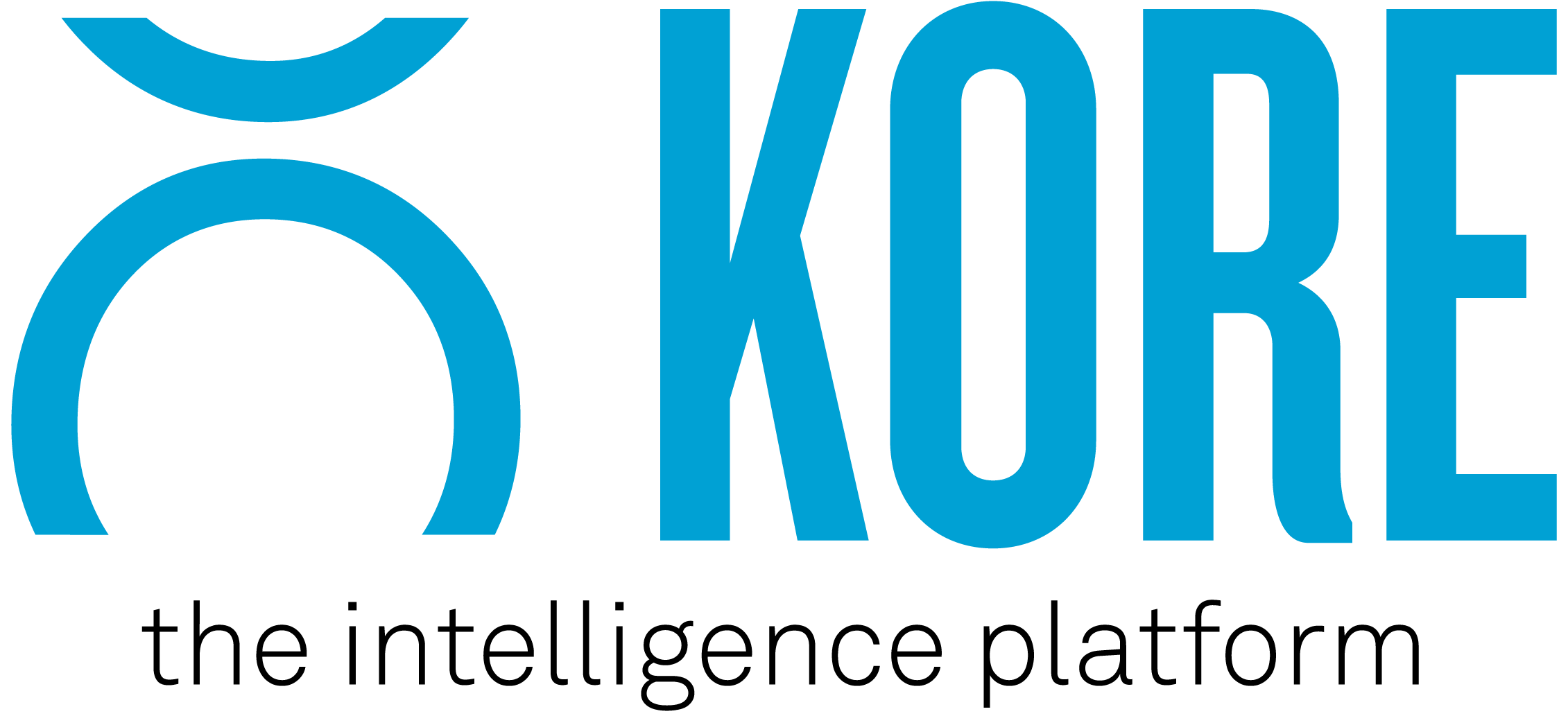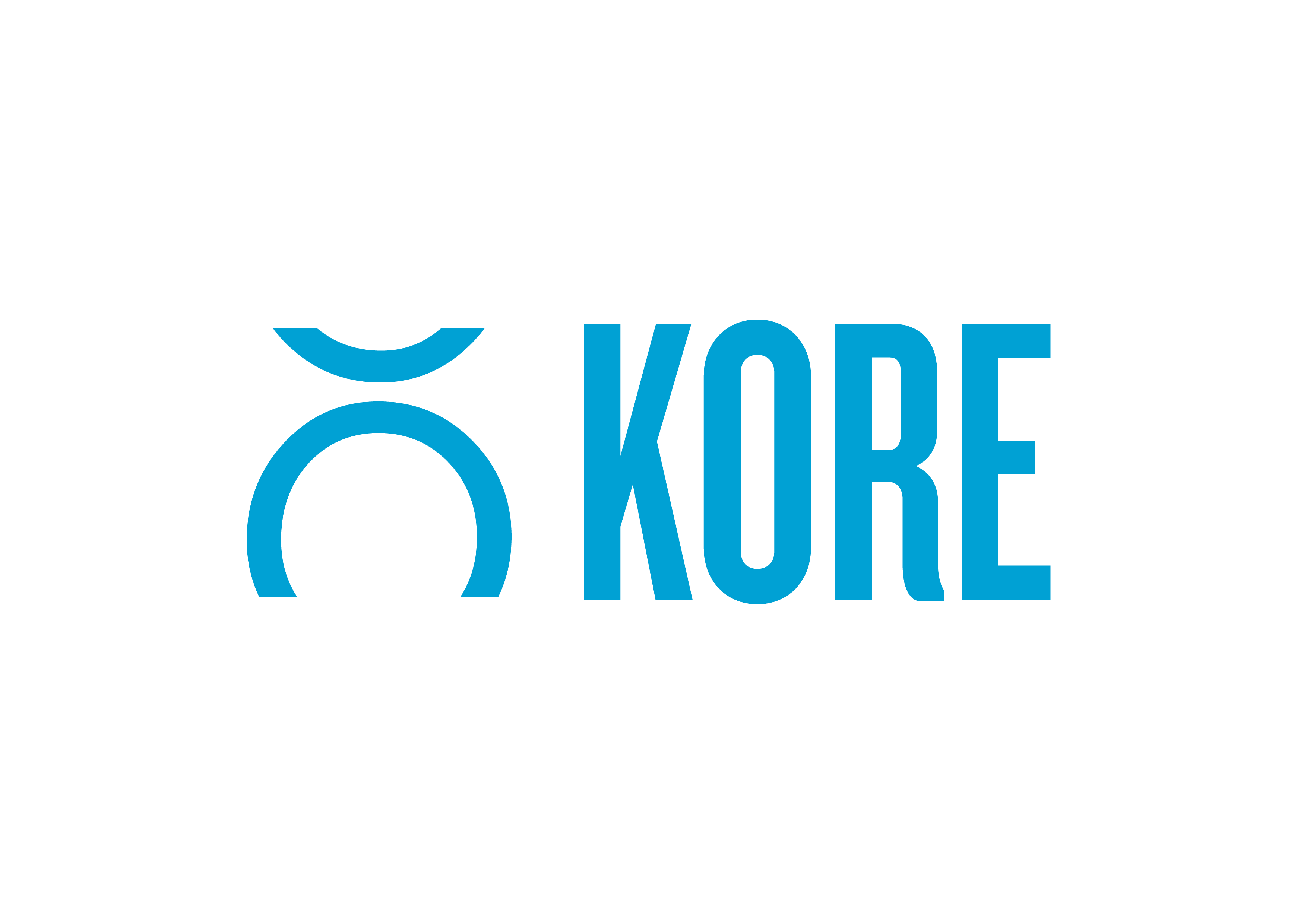Over the past few days, we have started to see sponsorship deals happening again. Beşiktaş and Beko. Pringles and ESL. J-League and Meiji Yasuda Life Insurance. South Sydney Rabbitohs and Menulog.
However, as the rest of the sponsorship world reads the media releases, there is a looming question: When, and how, do we start selling sponsorship again?
Jordan Belfort fans will tell you to pick up the phone and start dialling … but I disagree. Instead, I would suggest your first steps are to understand:
- Your cash position and how that will influence payment schedules
- That there are going to be some brands who just can’t take on any new expenses. Perhaps this is where we test the term ‘partnership’ and you work out if there are any genuine budget relief items they can provide in the short-term
- What you can and cannot deliver with COVID-related restrictions in place
Aside from these, which I am sure most of our industry is well and truly across, there are two essential things we need to consider before we start putting pressure on the sales team to do deals – Relevance and Analysis.
Are You Relevant?
Why should a brand spend money with you instead of a TV or Digital campaign?
Now, more than ever, brands are under immense pressure to not only justify their spend but also ensure their spend turns into actual business-related outcomes. Agencies, off the back of this, are also under pressure to justify their portion of the marketing spend on top of already trying to make meaningful impact on the overall strategy and execution.
So why you?
Well, because you are relevant. Relevant to their audience, relevant to their new budgets, and relevant to the way in which they want to market themselves. In essence, you are relevant because you can help solve business problems or challenges. To influence purchasing behaviours towards their own product or services, brands need to be relevant to a consumer (Yes, I am also now self-conscious of the amount of times I’ve said the word relevant!).
We often talk about how sponsorship is all about delivering the right message at the right time on the right platform and it’s fair to say that this global pandemic has forced the bulk of the sporting world to rethink how they directly engage with their owned audience.
As such, now is a really good time to survey and talk to your fans, members, season ticket holders, and anyone who is actively on your database. Asking questions about what is impacting them right now, what would they consider as their first big purchase after COVID, or perhaps even what they have not spent money on that they would have liked to. These are all questions that brands are trying to reverse engineer to solve business problems and also create insight for themselves.
You should be focusing on aligning yourself to a cultural cause, promoting positive data about your engagement levels, and positioning yourself as THE relevant property to help reach and connect with a specific audience to deliver their message.
Have You Conducted A Rate Card Analysis?
There is a global agency, I won’t spoil the fun in naming them, who are running a very clever, yet simple exercise to help clients understand their position. It goes something like this …
- Divide the contracted assets into two categories – immune and non-immune from COVID.
- Then, calculate the value and hard costs associated with each to understand your position of risk and what is available to adapt to the current market.
Rights holders need to think about doing the same thing, if they haven’t already.
The reason being is that it will allow you to communicate back to the business your exact position. Nobody wants to be left with $1M in assets that cannot be delivered. Nor do they want to be left with $1M of assets that actually costs them a lot to deliver.
Rate card analysis is by no means an easy thing to do, and of course, KORE can absolutely help with that. It can be done, however, with or without us.
To conduct a rate card analysis on your own:
- Start an unglamorous Excel Spreadsheet.
- List every asset that you sell, its hard cost to deliver, and the current commercial value or margin you apply to it in sales proposals.
- If you can, categorise each asset into a range of asset-types (this will help long-term).
- Run a column adjacent to these categories and list whether it’s an exposure or engagement-based asset.
- List whether each asset has a fixed cost or fluctuates based on demand.
What you should come to understand is that:
- Assets that have fixed costs are reasonably safe – these can still be used at varying levels or even repurposed.
- Assets that have fluctuating costs are at risk – these will be hard to deliver on and create cause for ‘reductions in value’.
- Exposure-based assets are safe (to a certain degree, social and broadcast can and may become your best friend) – these can still provide a lot of value, perhaps albeit in a different way than originally planned.
- Engagement-based assets are at risk – the delivery of these are guaranteed to change based on the current circumstances.
In a post-COVID world, this exercise will also help you navigate both new deals and renewals. It will also help guide how you price certain assets and how you communicate back to the business what your risk position is at any given point.
It’s also important to remember that literally every rights holder on the planet is awake at 11 PM trying to think of ways to reinvigorate their revenue. So, you are not alone.
Sport is returning, and there will be changes, but there is light at the end of the tunnel
KORE is the global leader in engagement marketing solutions, serving more than 200 professional teams and 850+ sports and entertainment properties worldwide, providing practical tools and services to harness customer data, facilitate sponsorship sales and activation, and create actionable insights.



